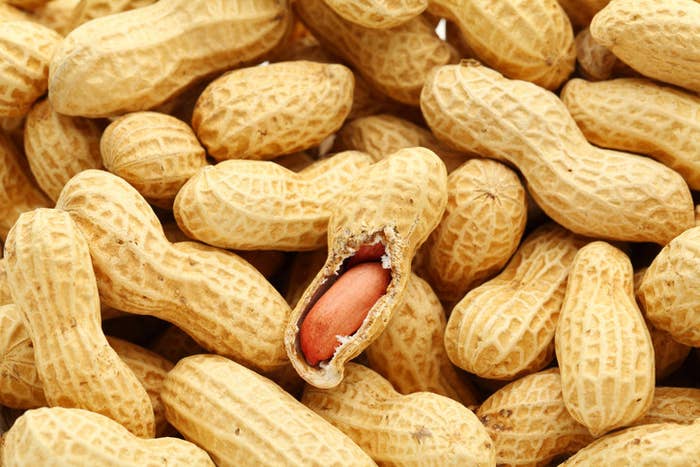The National Institute of Health (NIH) issued new clinical guidelines today for preventing peanut allergies — which recommend feeding infants, well, peanuts.

The guidelines are based on new research that shows introducing peanuts into an infant's diet can prevent the development of an allergy.

There are three separate guidelines according to an infant's risk for developing a peanut allergy.

These new guidelines replace the previous recommendation from the American Academy of Pediatrics (AAP), which said families should not expose high-risk infants to peanuts until the age of three.
Actually, the concept of promoting early ingestion is nearly a complete reversal of the AAP guidelines published in 2000. However, Togias says AAP was one of the members of the coordinating committee of the new guidelines, and they are in full support of adopting them for use among pediatricians.
Before introducing peanuts to their infant, parents and caregivers should meet with a pediatrician to discuss the new guidelines and assess the infant's risk of developing a peanut allergy.

Peanut allergies are a growing health problem, and there is no treatment or cure.

“Preventing the development of peanut allergy will improve and save lives and lower healthcare costs,” NIH director Dr. Anthony Fauci states in the report.
People who live with a peanut allergy and their caregivers must be constantly vigilant and avoid any foods or environments where they could be exposed to peanuts. Additionally, many of those same people have had to cope with last year's price increase of the EpiPen, a lifesaving injection to treat anaphylaxis.
The guidelines are targeted at healthcare providers, like pediatricians or family practice physicians, who can work with parents to introduce peanut-containing foods to infants. Researchers hope this new practice will ultimately prevent the development of a peanut allergy in susceptible children and lower the prevalence of peanut allergies in the US.
"Even if we can cut the current rate of 2% in half, then we have a huge number of children who get protection from a lifelong, unfortunate allergy," Togias says.
